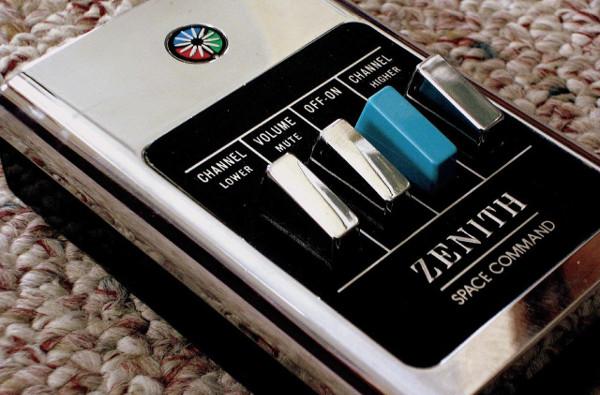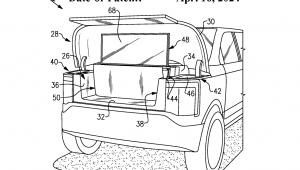What’s In a Name?

Once upon a time, when you bought an Acoustic Research AR-3 loudspeaker, you were confident that it was designed and built by AR. Likewise, a Nakamichi Dragon cassette deck came from Nakamichi. In most cases, products contained very specific company DNA, a technological double helix that you could trust. A Sony TV was made by Sony, and you knew it was a good TV because, well, Sony made good TVs. When a company put their name on a product, it really meant something.
Then, companies discovered outsourcing. They realized that because of economies of scale, and the increasing complexity of products, it could be more profitable to have someone else build part or all of a product. That sweet KLH cassette deck was actually made by Nakamichi. That’s not necessarily a bad thing because Nakamichi excelled at making cassette decks, but isn’t that KLH logo on there a bit of a fraud?
Today, it’s hard to keep track of who’s who. Harman International owns Harman Kardon, JBL, AKG, Infinity, Mark Levinson, Lexicon, dbx, Becker, Studer — over 20 companies in all. And now Harman is a subsidiary of Samsung Electronics, which is part of the Samsung Group. As the world’s largest manufacturer of mobile phones, televisions, and semiconductors, Samsung Electronics makes parts, subassemblies, and entire products for many other companies. This can really blur the lines. A Google phone has a different name than an Apple phone, but if you look inside, you might find lots of similar Samsung parts. Sony made its name famous by making TVs, but Sony’s cash-cow business today is its cameras that go into Apple and other phones.
In some cases, the name really is just a name. Many proud names have been repeatedly bought and sold until, although the name still has value, it has no connection to the company that originally infused value into the name. Indeed, in many cases, the original company is long gone. With a name like Smucker’s, it has to be good. But with a name like Polaroid, who knows what the heck it is?
Now, I completely understand that nothing lasts forever; that’s especially true of companies, thanks to the Darwinism of capitalism. The Dow Jones Industrial Average is an index of 30 of the largest and most important publicly traded companies in America. Since its founding in 1896, many companies have come and gone from the Dow. The only company originally listed on the Dow that is listed today is General Electric, a company that was partly based on a company founded by Thomas Edison. General Electric itself has a long history of merging and acquiring and reinventing itself — that knack for metamorphosing is precisely what has kept it in business all these years.
And that trademarked “Quality” slogan? That was Zenith, of course, founded 99 years ago in 1918 as Chicago Radio Labs. Among its many breakthroughs, Zenith invented the modern wireless remote control. The Space Command ingeniously used ultrasonic frequencies generated by striking aluminum rods to control Zenith TVs; because of the audible sounds produced, the remotes became known as “clickers.” Today, Zenith is owned by LG Electronics. LG’s slogan is “Life’s Good.”
























































